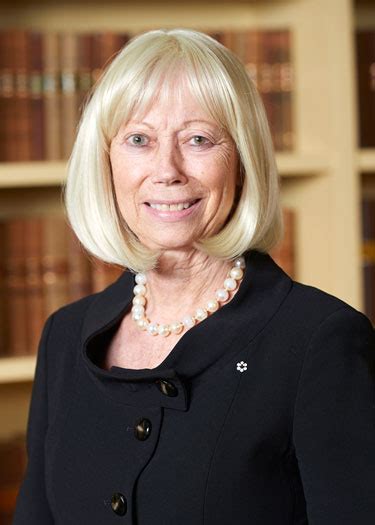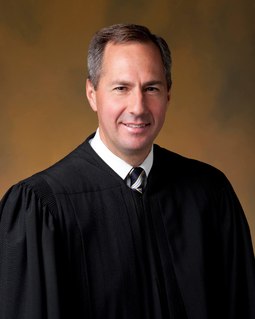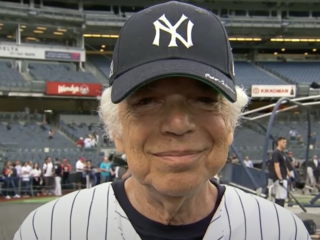A Quote by Aisha Hinds
Once the Fugitive Slave Act took effect, the Northern states were no longer safe for those who managed to escape from being enslaved. The second season of Underground does explore Canada's role in providing a welcoming place for the thousands who were in danger of being captured and returned to their owners, and those who escaped by way of rerouting beyond the American borders.
Related Quotes
Just as the worst slave-owners were those who were kind to their slaves, and so prevented the horror of the system being realized by those who suffered from it, and understood by those who contemplated it, so, in the present state of things in England, the people who do most harm are the people who try to do most good.
It's so Canada. On some level, you laugh, but on another level, it's just depressing. We pride ourselves: We're not like the bad old U.S. where they had segregation, whites-only washrooms and hotels. We think we were the capital of the Underground Railroad, we were the place to where the slaves escaped, we were a much better country. But in fact, some of the black people in Canada at the time said, 'It's actually much easier in the United States because you know which hotels, restaurants, theatres won't let you in because the signs are there. In Canada, you never know.'
Those who drafted and ratified the Second Amendment were undoubtedly aware that the right they were establishing carried a risk of misuse, and States have considerable latitude to regulate the exercise of the right in ways that will minimize that risk. But States may not seek to reduce the danger by curtailing the right itself.
After 9/11 we were prepared to use military force. We were prepared to go after not only the terrorists, but those who sponsor terror and provide sanctuary and safe harbor for them. We were prepared to use our intelligence assets the way we would against an enemy that threatened the United States itself, to put in place, for example, things like the Terror Surveillance Program and to have a robust interrogation program on detainees. Those are the acts you take when you feel you're at war and that the very existence of the nation is threatened.
..if the Northern states refuse, willfully and deliberately, to carry into effect that part of the Constitution which respects the restoration of fugitive slaves, and Congress provide no remedy, the South would no longer be bound to observe the compact. A bargain can not be broken on one side, and still bind the other side.
Blacks were not enslaved because they were black but because they were available. Slavery has existed in the world for thousands of years. Whites enslaved other whites in Europe for centuries before the first black was brought to the Western hemisphere. Asians enslaved Europeans. Asians enslaved other Asians. Africans enslaved other Africans, and indeed even today in North Africa, blacks continue to enslave blacks.
Imagine if the pension funds and endowments that own much of the equity in our financial services companies demanded that those companies revisit the way mortgages were marketed to those without adequate skills to understand the products they were being sold. Management would have to change the way things were done.



































